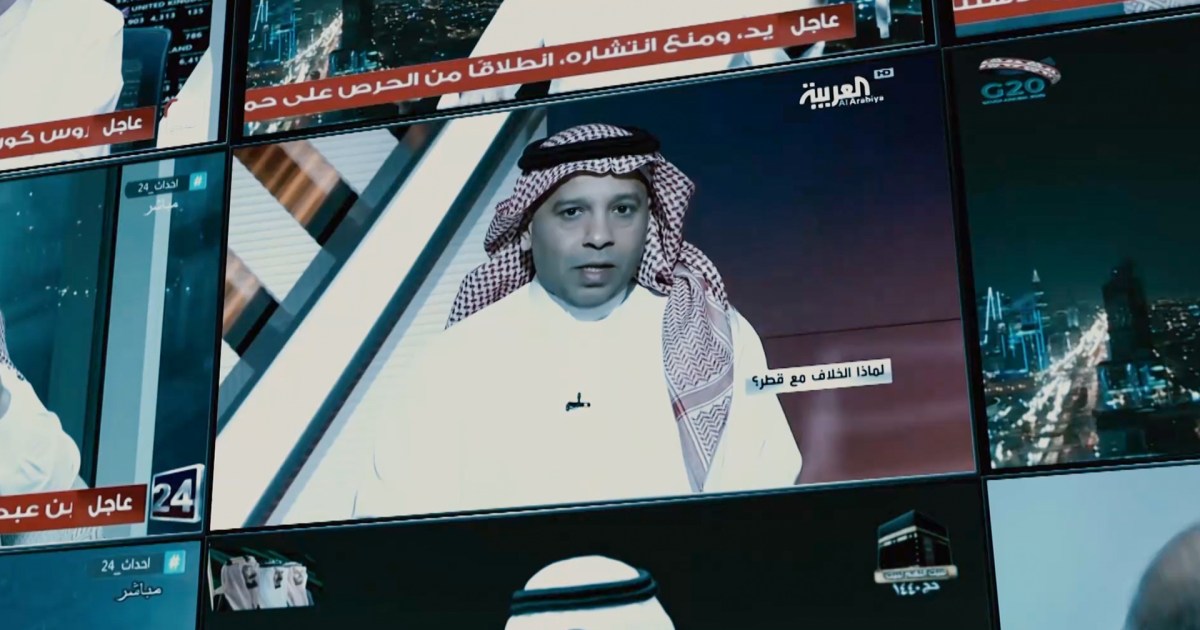The movie, “The Saudi Media… The Lost Compass”, which was presented during an episode (6/8/2020) of the program “The Story is a Rest”, reviewed the Saudi media policy based on promoting false news and reports that contradict the values of Arabism and Islam, which escalated dramatically with the beginning of the siege crisis Qatar three years ago.
The film also pointed to the expansion of Saudi newspapers in the use of vocabulary and descriptions that have been received from personalities, peoples and governments. By the same token, I followed accounts and writings that filled cyberspace and were known to be close to decision makers.
According to the film, and to promote its new media policy, Riyadh took advantage of all its media outlets directly or through close businessmen, such as the widespread TV channels that come at the forefront of the MBC group headed by Sheikh Walid Al Ibrahim and includes the "Arab" and “Al-Hadath” and 13 other channels, and the platform of paid programs and films “Shahid”, in addition to the “Rotana” group owned by Prince Al-Walid Bin Talal, as well as “Orbit” and “OSN” networks.
According to Saudi academic Ahmed bin Rashid bin Saeed, there is no real journalism in the Kingdom, but rather primitive and unprofessional propaganda whose discourse is based on fluctuating standards, which creates a kind of chaos among its producers, explaining that the most prominent example of this type of media practices is the Saudi channel 24 "whose programs host between 6 and 7 guests repeat the same conversation in a different way, considering that this media approach leads to" flattening "and marginalizing the public.
In turn, the researcher at the Arab Gulf Institute, Hussein Ibish, affirmed that the Saudi system currently gives the media all its types a great importance, whether traditional media or social media, and any kind of cultural, technical, and even social and educational influence, and that it provides them with a margin of freedom, stressing that in The political sphere is tightening the screws on the public sphere and the government's vision is not allowed to be debated, but rather a single narrative that must be applied in society.
Ibish added that informing the three main countries in the crisis of the blockade of Qatar played a role in preparing the way for the announcement of the boycott decision and providing the justifications upon which the conflicting parties relied.
For his part, journalist writer Jerry Maher denied the control of the Saudi government over any media outlet, and imposed any actions that are in the interests of the Kingdom, stressing that Saudi journalists are not waiting for any directives because they understand the policy of their country and defend it with a national motive.

